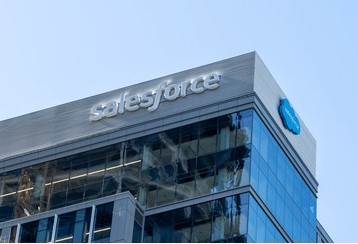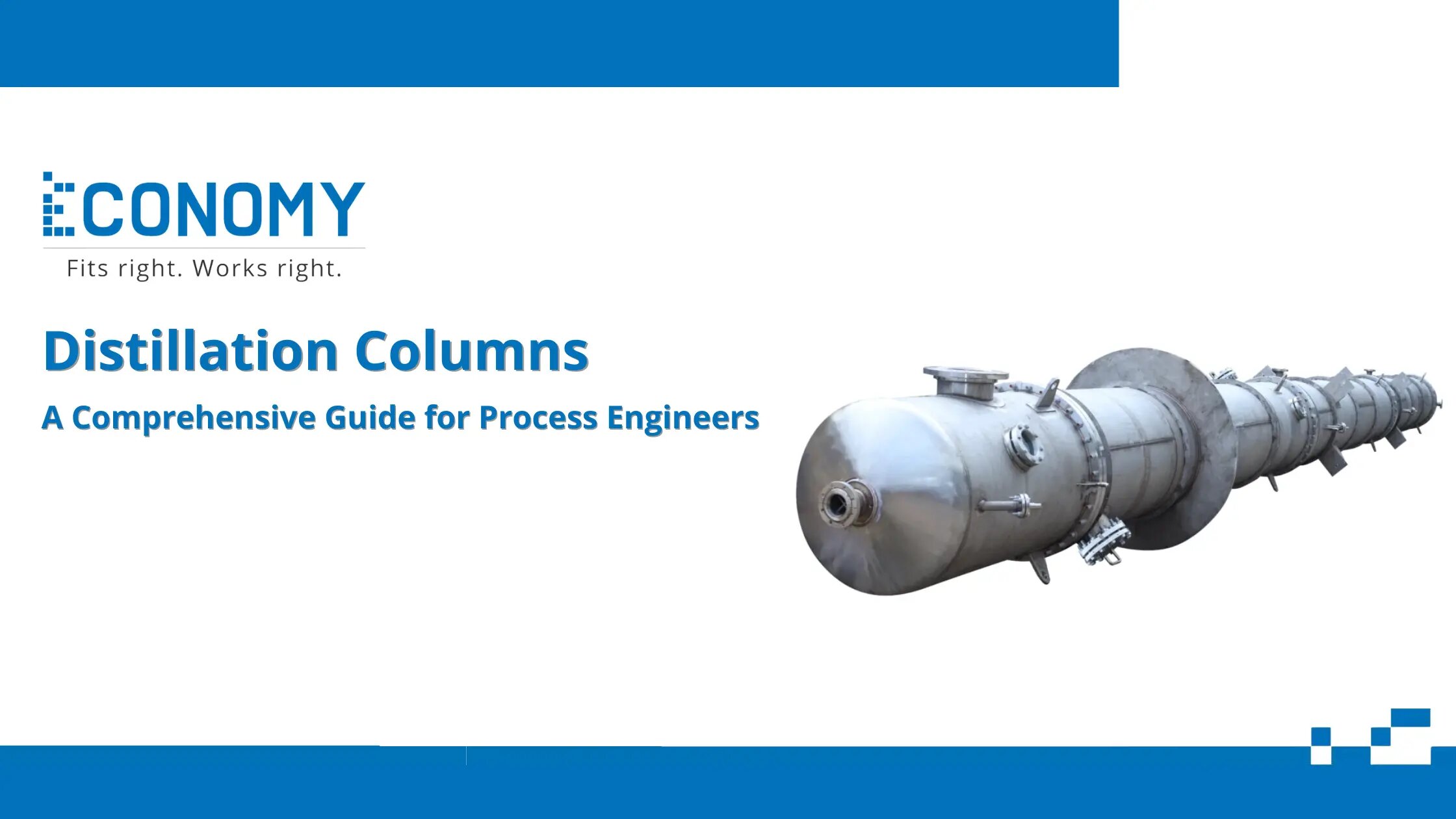In today’s fast-paced digital landscape, customers expect timely and relevant communications from brands. Manually managing all these interactions would be impossible, especially when targeting large audiences. This is where marketing automation comes in.
Marketing automation allows businesses to automate repetitive tasks such as email campaigns, social media posts, and lead nurturing, making marketing efforts more efficient and scalable. By using Salesforce for marketing, organizations can ensure that their marketing efforts are automated in a way that is tailored, timely, and data-driven.
What is Salesforce and Why It’s Essential for Marketing?
Salesforce is a customer relationship management (CRM) platform that helps businesses manage customer relationships and streamline their processes. It’s widely recognized for its powerful cloud-based features that can integrate marketing, sales, service, and more into one seamless system.
A Brief Overview of Salesforce
Salesforce was originally designed as a CRM tool for sales teams, but it has evolved to become a comprehensive platform that covers marketing automation, analytics, and customer service. For marketers, it offers a suite of tools designed to optimize every stage of the customer journey, from lead generation to retention.
Key Features for Marketing Teams
- Salesforce Marketing Cloud: This tool helps create and manage personalized campaigns across various channels such as email, social media, and advertising.
- Salesforce Email Automation: Salesforce email automation allows marketers to design targeted, automated email campaigns that respond to customer behaviors and preferences, significantly improving engagement and conversion rates.
- Journey Builder: A tool that helps create personalized customer journeys that adapt based on user behavior.
- Analytics: Salesforce provides in-depth analytics to track campaign performance and customer interactions, allowing marketers to make informed decisions.
How Salesforce Improves Marketing Automation
Marketing teams often juggle multiple tasks, and Salesforce helps simplify this with its automation features. Here’s how Salesforce enhances marketing automation:
Streamlining Lead Generation
Salesforce automates lead generation by capturing and nurturing leads from multiple sources, such as websites, social media, and events. This ensures that no potential lead is overlooked, and the right content reaches the right people.
Personalized Campaigns at Scale
One of the key benefits of Salesforce for marketing is the ability to send personalized campaigns at scale. By analyzing customer data and behavior, Salesforce allows businesses to tailor their messaging and offers to individual customers, increasing engagement and conversions.
Lead Scoring and Nurturing
Salesforce uses lead scoring to prioritize leads based on their behavior and likelihood to convert. It also automates lead nurturing by sending targeted content at the right time, guiding leads through the sales funnel with minimal manual effort.
Integrating Salesforce with Other Marketing Tools
Salesforce’s ability to integrate with other marketing tools makes it a one-stop solution for businesses. Here’s how it integrates with various platforms:
Salesforce Email Automation
One of the standout features for marketing teams is Salesforce email automation. With this feature, businesses can automate the entire email process—from welcoming new leads to re-engaging past customers. By connecting Salesforce email automation to other tools like Mailchimp or integrating it with existing CRM data, marketers can deliver the right message at the perfect time, making every email count.
Social Media Management
By integrating Salesforce with social media platforms, businesses can automate social media scheduling, track brand mentions, and gather valuable customer insights to improve engagement and marketing efforts.
Benefits of Using Salesforce for Marketing Teams
Increased Efficiency and Productivity
Salesforce helps automate repetitive tasks, freeing up marketing teams to focus on high-value tasks like strategy development and creative design. This increased efficiency leads to higher productivity and faster campaign execution.
Better Data-Driven Decisions
Salesforce collects a wealth of data that helps marketing teams make data-driven decisions. With its advanced analytics tools, businesses can monitor campaign performance in real time, allowing them to adjust strategies for maximum effectiveness.
Improved Customer Relationships
Salesforce allows businesses to track customer interactions and behaviors, helping to build stronger relationships. Personalized communications based on customer data make customers feel valued and understood, improving retention rates.
Real-World Examples of Salesforce in Action
Case Study 1: Boosting Conversion Rates with Salesforce
A leading e-commerce company integrated Salesforce into their marketing efforts and saw a significant boost in conversion rates. By automating lead nurturing and personalizing email campaigns through Salesforce email automation, they were able to move leads through the sales funnel more effectively, resulting in higher sales.
Case Study 2: Scaling Marketing Campaigns with Automation
Another business used Salesforce to automate their social media marketing campaigns, allowing them to reach more customers with minimal effort. By integrating their social media platform with Salesforce, they could track customer responses and adjust content accordingly, leading to more effective campaigns.
Common Challenges When Implementing Salesforce in Marketing
While Salesforce offers a wide range of benefits, there are challenges when it comes to implementation.
Overcoming the Learning Curve
Salesforce’s vast array of features can be overwhelming at first. Marketing teams need time to familiarize themselves with the platform’s capabilities and customize it to meet their needs.
Customization and Integration Complexity
Integrating Salesforce with existing systems and tools can be complex. Businesses need to ensure that Salesforce works seamlessly with their CRM, email platforms, and social media tools to maximize its potential.
Best Practices for Maximizing Salesforce’s Marketing Potential
Focus on Data Quality
Data is the backbone of Salesforce marketing automation. Ensuring that data is accurate, up-to-date, and segmented properly is key to success.
Set Clear Marketing Goals
To make the most of Salesforce, marketing teams should set clear goals and use Salesforce’s reporting tools to track progress. Whether the goal is lead generation, conversion rates, or customer retention, aligning campaigns with measurable outcomes ensures better results.
Conclusion:
Salesforce has revolutionized the way businesses approach marketing by automating complex tasks, personalizing campaigns, and providing valuable insights. As marketing continues to evolve, Salesforce’s role in driving better results will only grow. By leveraging its full potential, businesses can ensure that their marketing efforts are not only efficient but also highly effective.
FAQs
-
What is the best Salesforce feature for marketing automation?
Salesforce’s Marketing Cloud and Salesforce email automation are some of the best tools for automating email marketing, social media management, and customer journeys. -
Can Salesforce be integrated with third-party marketing tools?
Yes, Salesforce integrates with a wide range of marketing tools, including email platforms, social media management tools, and analytics platforms. -
Is Salesforce easy to implement for small businesses?
While Salesforce offers great benefits, the learning curve and integration complexity might be challenging for small businesses without dedicated IT support. -
How does Salesforce help improve customer relationships?
Salesforce helps track customer behaviors and interactions, allowing businesses to personalize their communications and improve customer engagement. -
Can Salesforce help scale marketing campaigns?
Yes, Salesforce automates many marketing tasks, allowing businesses to scale their campaigns without compromising quality or personalization.





